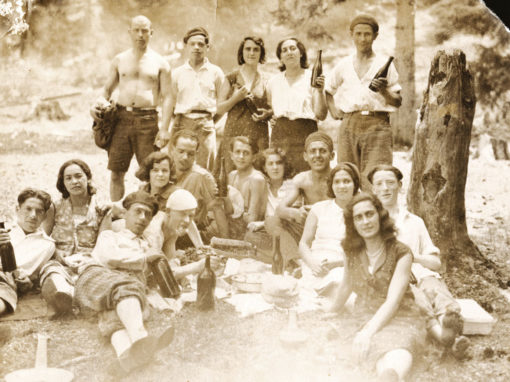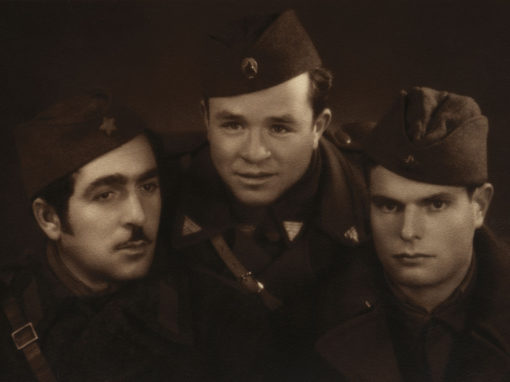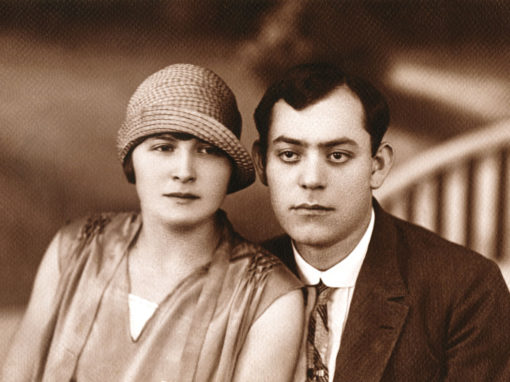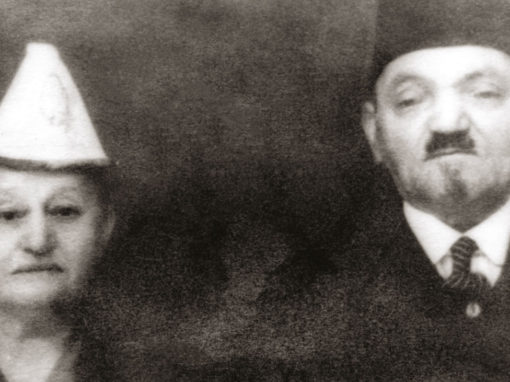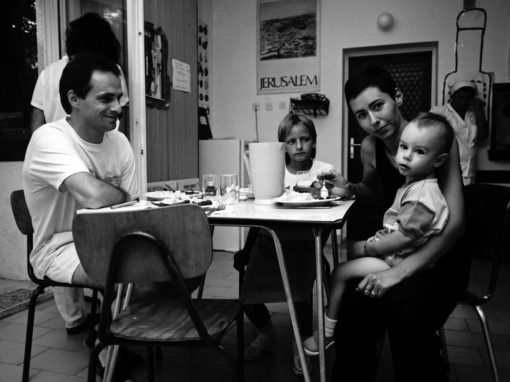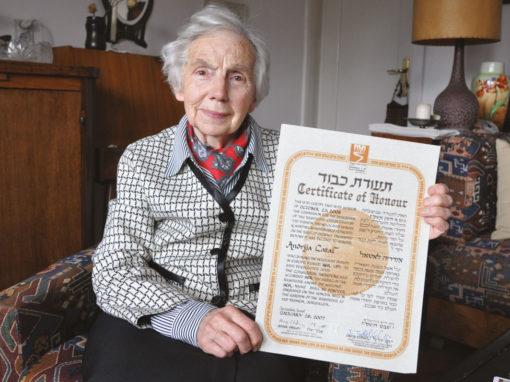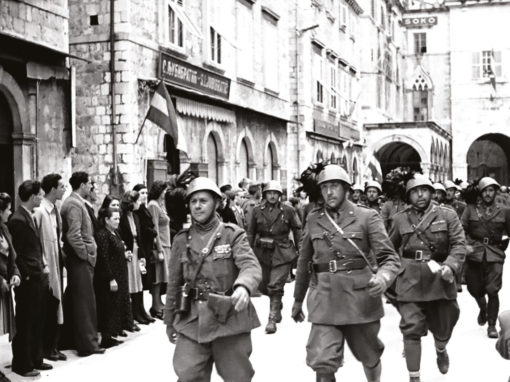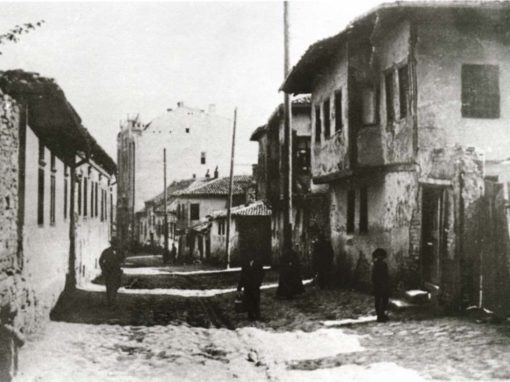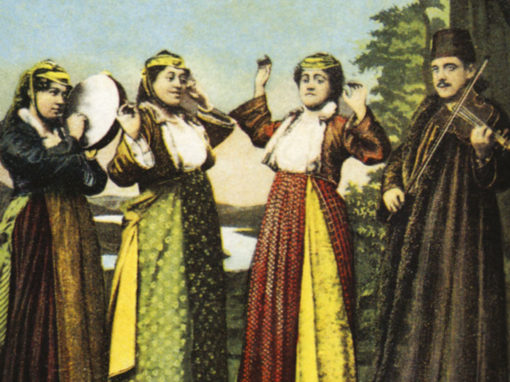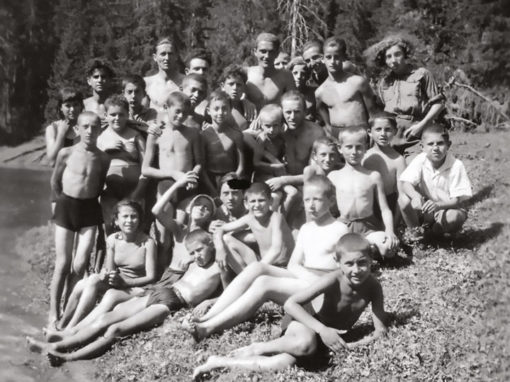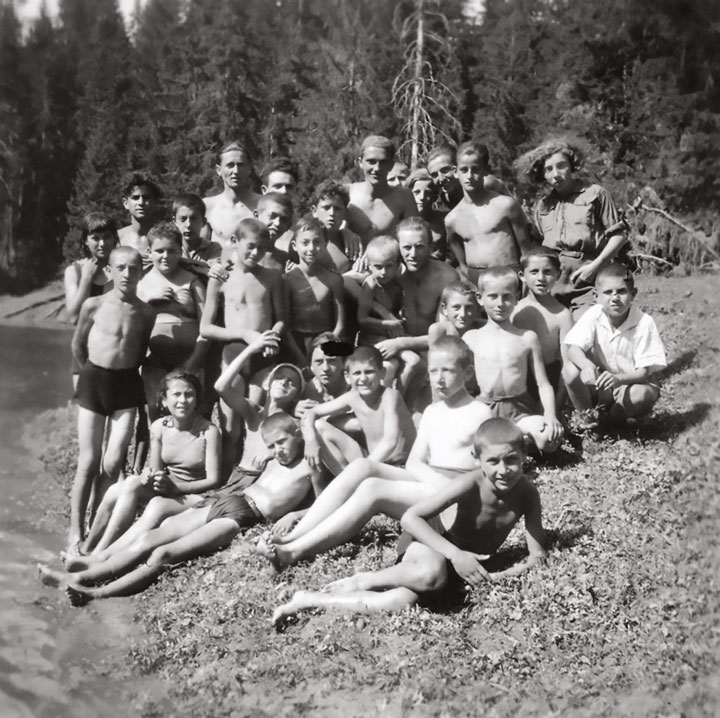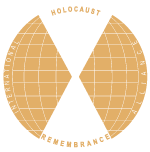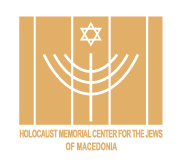About Centropa and the sources of the Lost Sephardic World
Centropa is a Jewish historical institute based in Vienna, Hamburg, Budapest, and Washington, DC. Between 2000 and 2009, we interviewed 1,200 elderly Jews in 15 European countries. But we were interested in much more than how their families perished during the Holocaust. Our teams digitized 22,000 of their old photographs and asked them to share with us their life stories—from their grandparents to their great-grandchildren.
This exhibition looks at the 20th century through five of our interviews in the Western Balkans. Special thanks to Rachel Chanin of Belgrade, who interviewed for us in Serbia and Macedonia, as well as Lea Siljak and Silvia Heim in Croatia.
The Exhibition Team
This exhibition was curated by Edward Serotta. Yukon Damov selected and edited the photos and stories from the Centropa archive. Additional editing by Fabian Rühle, Esther Cotoarba and Anna Kozemjakin.
The design & implementation of this website was done by Alexander von Freeden | LAIKA LAIKA, based on the print design of the exhibition by Miklós Fekete.
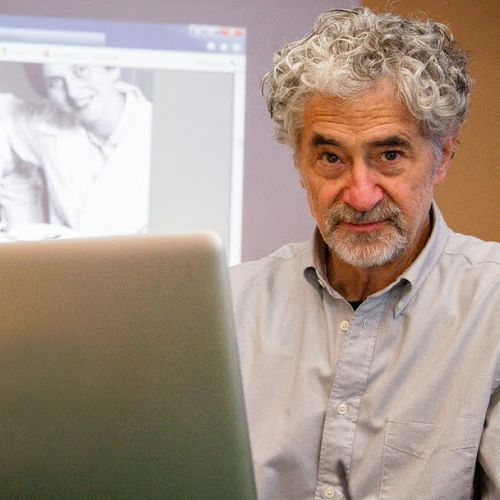
Edward Serotta
Edward Serotta is a journalist, photographer and filmmaker specializing in Jewish life in Central and Eastern Europe. Born in Savannah, Georgia, Edward has worked in Central Europe since 1985. Between 1996 and 1999, he produced three films for ABC News Nightline. Edward has published three books – Out of the Shadows, Survival in Sarajevo and Jews, Germany, Memory. He has contributed to Time Magazine, The L.A.Times, The Washington Post, and other outlets. Ed founded Centropa in 2000.
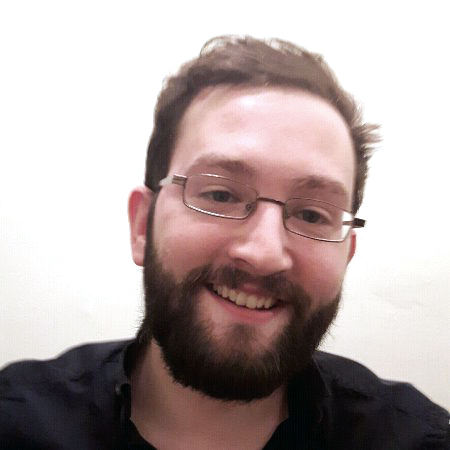
Yukon Damov
Yukon Damov is a Master’s student at the Centre of European, Eurasian, and Russian Affairs at the University of Toronto. He completed his Bachelor of Arts in English and History at the University of Toronto. His research interests include Central and Eastern European history. Under the supervision of Fabian Rühle, he identified and edited selected personal stories from Centropa´s interview archive for this exhibition.
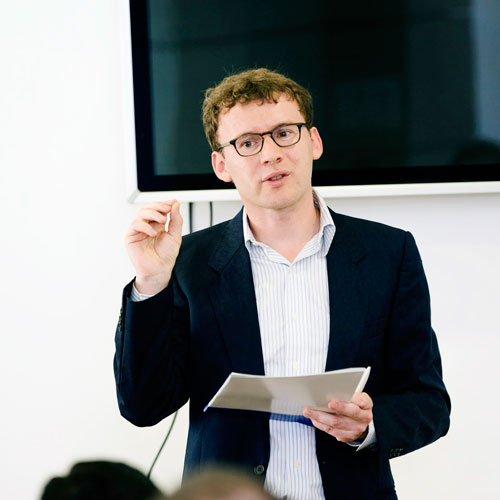
Fabian Rühle
Fabian Rühle is Centropa’s European Education Director, developing materials and running seminars for teachers all over Europe. He grew up in East Berlin but emigrated with his family to West Berlin in 1988. Fabian joined Centropa in 2008. He is also Centropa’s liaison for European governments and foundations, and he coordinates fundraising in Europe. In 2015, he opened our Germany office and is now based in Hamburg. Fabian has a Masters Degree from the Free University of Berlin and Rutgers University, New Jersey in History. Prior to joining Centropa, he worked for the American Jewish Committee Berlin.
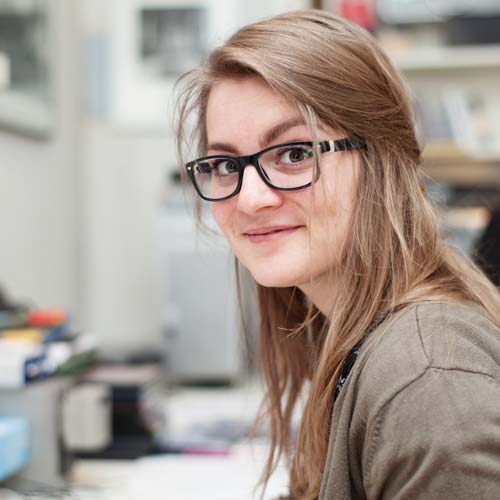
Esther Cotoarba
Esther Cotoarba was born in the Netherlands but grew up in Sighisoara, Romania where she attended a German high school. She then studied Middle Eastern Studies at the University of Groningen in the Netherlands, where she graduated in 2012. Esther joined Centropa in 2013, and she is in charge of logistics for Centropa’s Summer Academies and other European seminars. Together with Fabian, she also directs the Trans.History Project in Ukraine and Moldova.
Our Partners and Supporters
INTERNATIONAL HOLOCAUST REMEMBRANCE ALLIANCE (IHRA)
The International Holocaust Remembrance Alliance is an intergovernmental body whose purpose is to place political and social leaders’ support behind the need for Holocaust education, remembrance and research both nationally and internationally.
Conference on Jewish Material Claims Against Germany
Since the first compensation agreement with West Germany in 1952, the Claims Conference has paid more than $70 billion to more than 800,000 Holocaust victims. Across six decades, the mission of the Claims Conference has been to provide a measure of justice for Jewish Holocaust victims, and to provide them with the best possible care.
A small percentage of the funding supports Holocaust education, documentation and research, ensuring that the memory and lessons of the Shoah are preserved for current and future generations. We provide funding to train educators to teach the Holocaust; to rescue and preserve original evidence of the Shoah; for researchers to bring to light yet.
Munk School of Global Affairs
The Munk School of Global Affairs at the University of Toronto is an interdisciplinary academic centre with various research and educational programs committed to the field of globalization.
Since 2016, Centropa and the Munk School have been partners, with the Munk School sending three academic interns per year to our European offices.
Holocaust Memorial Center for the Jews of Macedonia
U.S. Embassy in Serbia
“The United States and the Republic of Serbia enjoy a partnership that began over 130 years ago when the United States recognized the newly proclaimed independence of the Principality of Serbia and the first U.S. ambassador, Eugene Schuyler, arrived in Belgrade. That friendship has endured throughout the years, and today our bilateral partnership seeks to reinforce Serbia’s efforts to advance its European aspirations.”
Historijski Muzej BiH / The History Museum of Bosnia and Herzegovina
“The History Museum of Bosnia and Herzegovina aims to collect, preserve, explore, present, and promote the cultural and historical heritage of Bosnia and Herzegovina. From its founding in 1945 until 1993, the Museum remained thematically focused on the history of antifascism during World War II and the cultivation of socialist state values. The name of the Museum, once Museum of the Revolution of Bosnia and Herzegovina, has changed several times, but it has always been recognizable. After being renamed the History Museum in 1993, the thematic structure of the Museum has also changed. Now the aim is to study the history of Bosnia and Herzegovina from the Middle Ages to present times.
The History Museum of Bosnia and Herzegovina is a unique cultural institution in Bosnia and Herzegovina which has become a space for dialogue about the past and different aspects of remembrance. The museum develops different programs and activities in order to help visitors talk about the past, present, and future through the museum collections.”
Explore more of our Sephardic Stories…
